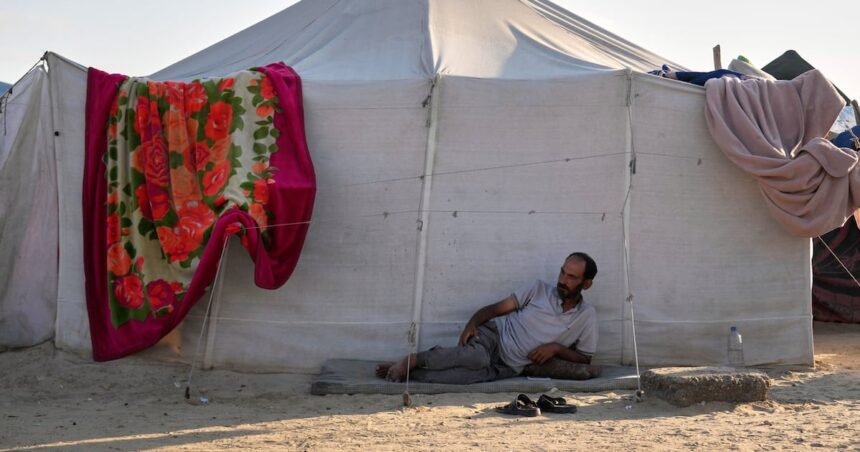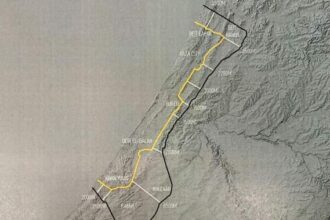The fragile hope for peace in Gaza hangs by a thread as negotiators converge on Doha this week, while deadly Israeli airstrikes continue to claim Palestinian lives across the war-ravaged territory. At least 38 Palestinians were killed in the latest round of bombardments, according to local health officials, highlighting the urgency of diplomatic efforts even as violence escalates on the ground.
Qatari mediators are preparing to host what could be a decisive round of ceasefire negotiations between Israeli and Hamas representatives, with American and Egyptian officials also participating in the delicate diplomatic dance. This comes as international pressure mounts for an end to the nine-month conflict that has devastated Gaza’s infrastructure and created a humanitarian crisis of staggering proportions.
“These talks represent perhaps the most promising opportunity yet to achieve a sustainable ceasefire,” said Daniel Levy, president of the U.S./Middle East Project, speaking to CO24 News. “But the window is closing rapidly as conditions on the ground continue to deteriorate.”
The Israeli military defended its latest operations as necessary targeting of Hamas militants, claiming precision strikes on weapon storage facilities and command centers. However, Gaza’s health ministry reports that many of the casualties in recent days have been civilians, including women and children, particularly in densely populated areas of Rafah and central Gaza.
International aid organizations paint a dire picture of conditions in Gaza, where over 80% of the territory’s 2.3 million residents have been displaced at least once since the conflict began last October. The United Nations reports critical shortages of clean water, medicine, and food, with humanitarian convoys frequently delayed at border crossings despite international agreements to facilitate aid delivery.
Canadian Foreign Minister Mélanie Joly issued a statement urging all parties to “prioritize civilian protection and allow unimpeded humanitarian access,” while reiterating Canada’s support for a two-state solution. The diplomatic statement reflects growing concern among Western allies about the trajectory of the conflict and its regional implications.
Financial markets across the Middle East have shown increased volatility as investors weigh the prospect of either a breakthrough or breakdown in the ceasefire talks. Oil prices briefly spiked following reports of the latest airstrikes, demonstrating how the conflict continues to impact global economic concerns.
The talks in Qatar face significant obstacles, including disagreements over the sequencing of hostage releases, the withdrawal of Israeli forces, and the future governance of Gaza. Hamas has insisted on guarantees for a complete Israeli withdrawal and an end to the blockade, while Israeli negotiators maintain that any agreement must ensure the return of all hostages and prevent Hamas from rebuilding its military capabilities.
As diplomats gather around negotiating tables in Doha’s luxurious hotels, the contrast with Gaza’s rubble-strewn streets could not be more stark. The question remains: will this round of talks finally produce the breakthrough needed to end the suffering, or will diplomatic failures condemn another generation to the cycle of violence that has defined this troubled region for decades?














